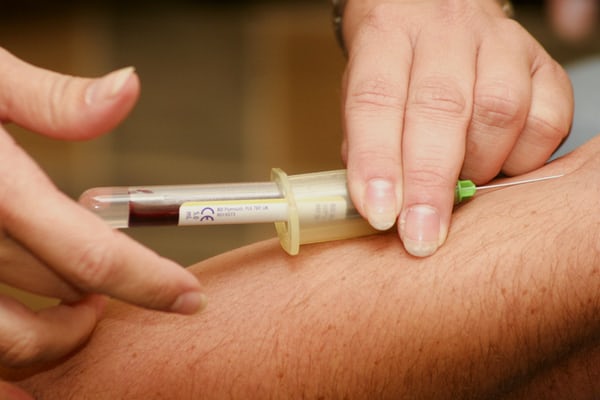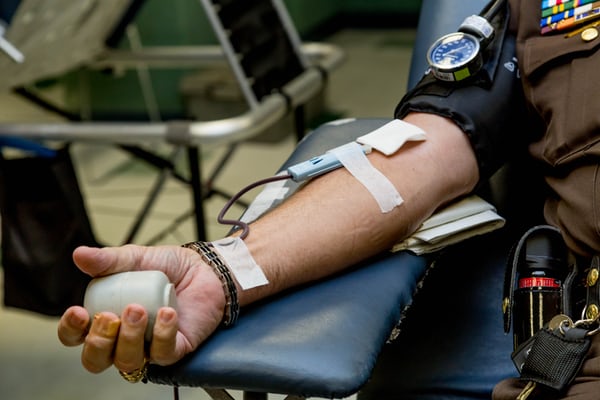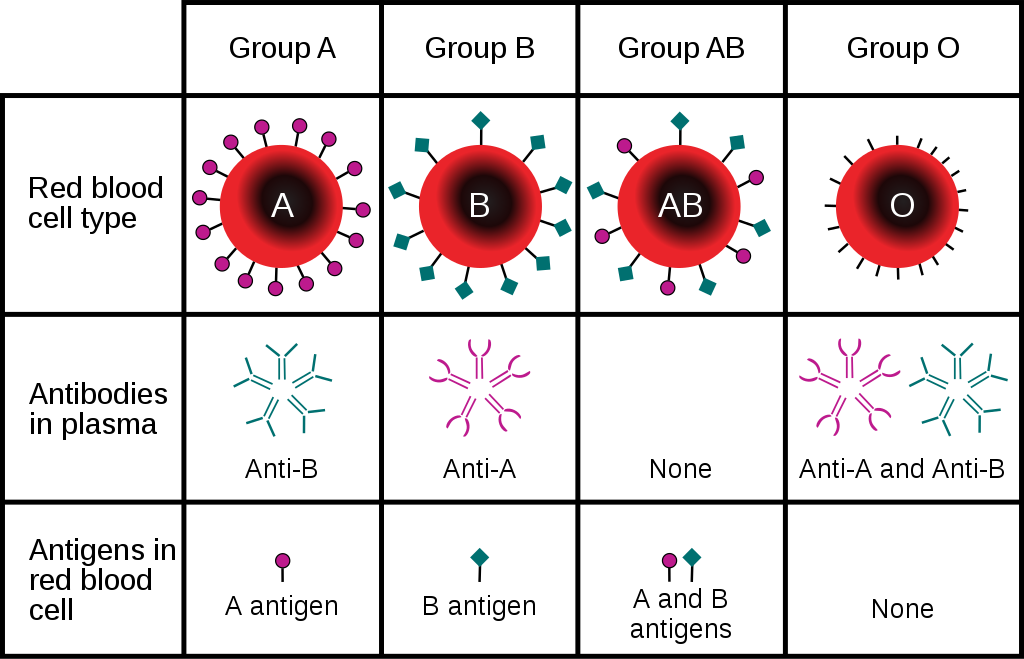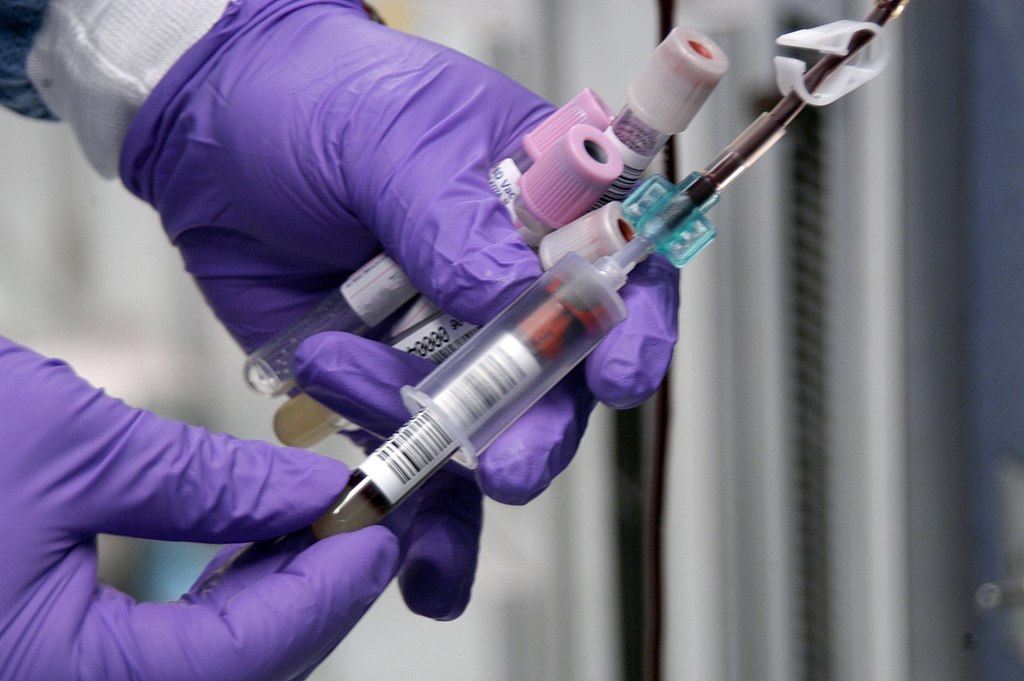“What’s your blood type?”
In Taiwan, this question is considered fairly normal, if not all that common, but many Westerners may find it surprising.
If the person asking is not a medical professional, then they are more likely than not trying to gain an insight into your personality rather than wondering about blood donations or transfusions.
Blood type theory, or the idea that a person’s blood type gives information about their character traits, is widely considered to be pseudoscience and has very little empirical evidence.
However, the concept is still very popular in Japan, Korea, and other East Asian countries, and has a fascinating history.
In 1901, an Austrian biologist named Karl Landsteiner discovered that the blood of different people contained different antibodies.
He developed the modern blood type system of A, B, AB, and O types, and received the Nobel Prize in Medicine for his research.
In the years leading up to World War II, Germany and other European countries continued to study these blood types, and some scientists claimed that there were connections with personality.
The theory surfaced in Japan in the 1930s, after Takeji Furukawa published a study on the subject that, despite Furukawa’s lack of credentials, became popular with both the military and the general public.
Furukawa conducted a study with people from Taiwan and Hokkaido, claiming that the Taiwanese, who were rebelling against Japan at the time, had a disobedient nature due to the high percentage of people with O-type blood.
In the 1970s, Masahiko Nomi, another researcher with no relevant background, published many influential books that can be attributed to the continuing popularity of blood type theory in Japan.

Though the roots of blood type theory can be traced back to supremacy and the idea of blood purity, people nowadays mostly see it as a quick way to get to know someone.
In Japan, employers regularly ask for blood types during interviews, and it’s a must-know for romantic relationships.
Both Korean and Japanese idols have their blood type listed under their personal information pages, as something that the public should have access to.
Yet given that the theory has no scientific evidence, many problems arise from this obsession – ‘buru-hara‘, or blood harassment, occurs in schools, workplaces, and in personal relationships.
This is especially hard for people with Type AB blood, who make up only 10% of the population in Japan.
On a brighter note, authorities and corporations are becoming aware of the potential hazards of this system, and are looking for solutions.
Having such strong beliefs about blood types is only possible in Japan because of the wide range of blood types in the country.
With about 40% of people with Type A, 30% with Type O, and 20% with Type B, there is a good chance that you will meet people with varying blood types in a workplace or classroom.
In contrast, the idea is not as popular in Taiwan, where almost half the ppopulation are Type O.
The idea that blood type influences one’s personality has been rejected time and again by the scientific community, but remains an important part of the culture in East Asia.
Though it may not be suitable for determining a person’s job or partner, it is still interesting to go through the many quizzes and texts to see if the blood really matches the person.












Comments are closed.